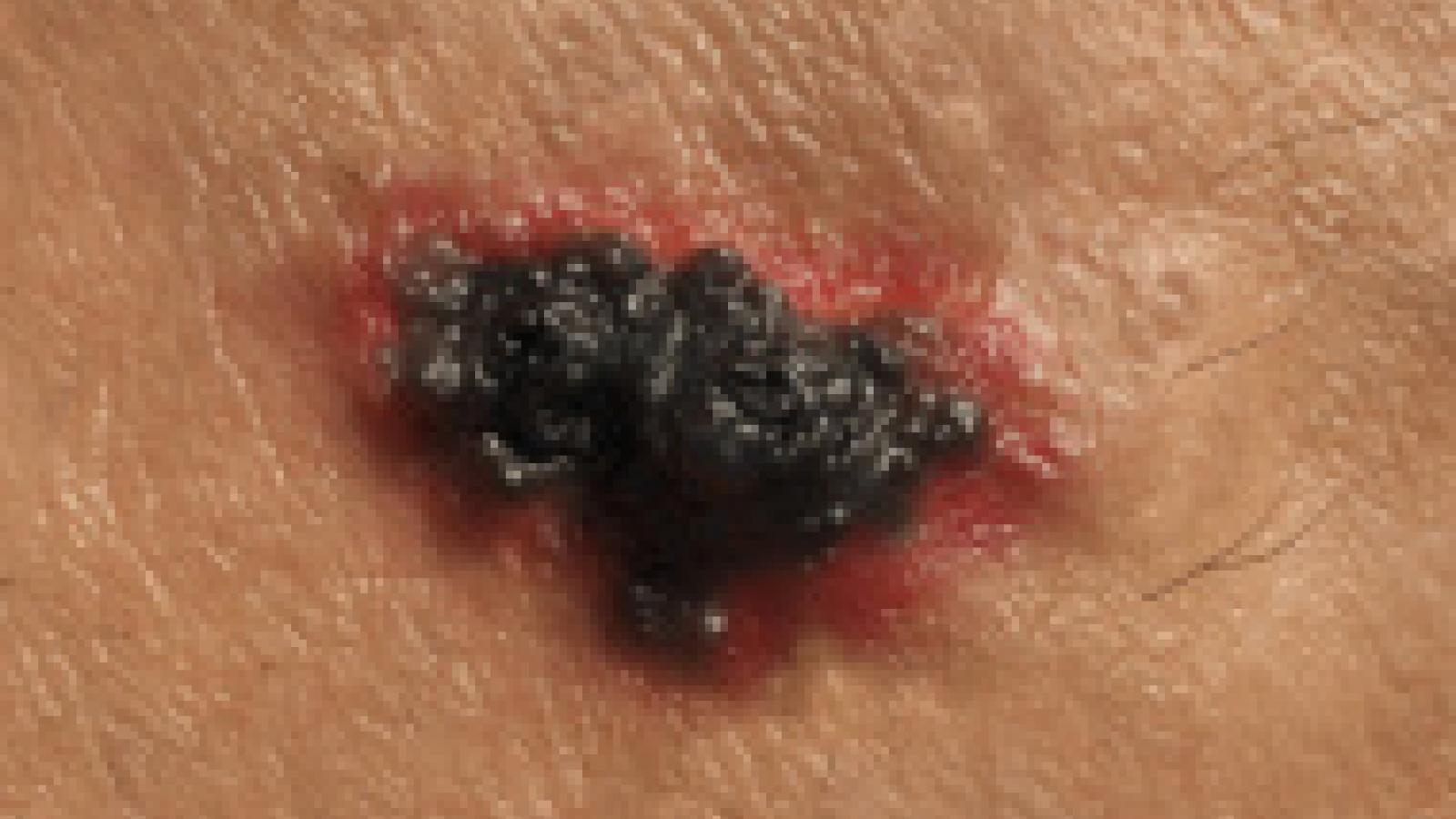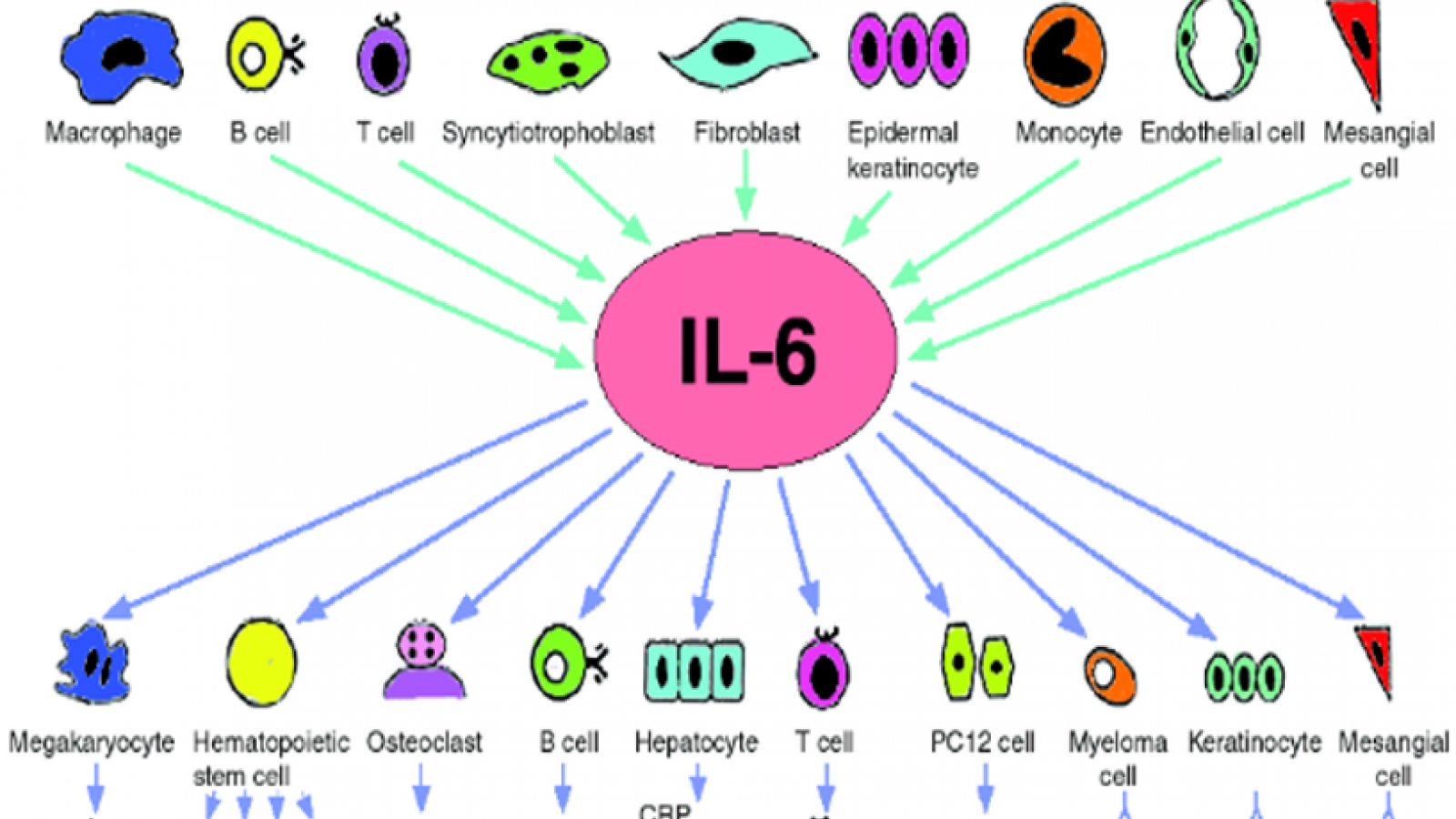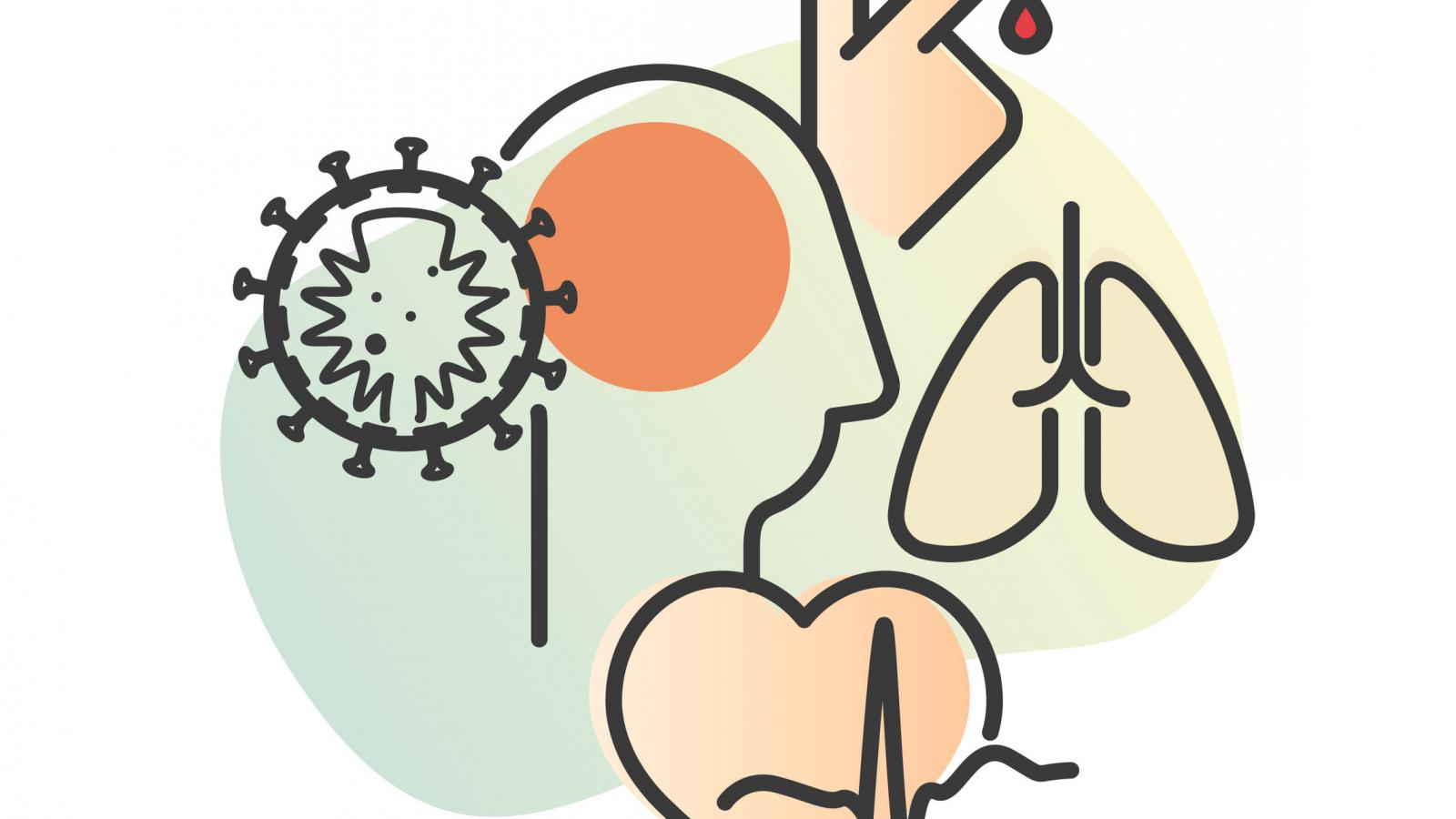Rheumatoid Arthritis
The big news this week: the approval of deucravacitinib (a new class of drug?) for psoriasis; the 2022 ACR guidance on glucocorticoid-induced osteoporosis; a national poll of older adults over the age of 50 who claimed self-reported or doctor-diagnosed arthritis; and much more. Let's review these and other news, journal reports and announcements from this past week.
A systematic review suggests that low-dose methotrexate (MTX) use is associated with an increased melanoma risk, but the absolute risk increase could be considered negligible.
Dr. Beth Wallace and colleagues at the University of Michigan surveyed a national sample of older adults (50–80 yrs) and found that 70% currently report experiencing joint pain and 60% reported being told by a health care professional that they have arthritis.
Two large RA registries have shown that pregnancy outcomes in rheumatoid arthritis (RA) patients is more related to RA disease activity rather than treatments use to control RA.
Can we predict the bad outcomes? Like when ITP evolves into SLE; or when psoriasis will develop arthritis; or if Sjogren's will develop lymphoma? Let's dive in and review these journal reports and this past week's news from RheumNow.com.
Rheumatoid arthritis patients with existing interstitial lung disease (ILD) had less decline in lung function when receiving the antifibrotic agent pirfenidone (Esbriet) relative to placebo in a randomized trial, researchers reported here and in a simultaneous journal publication.
Finkh et al report on the prevalence and interesting trends in rheumatoid arthritis (RA), including its higher prevalence in industrialized countries and declining disease severity over time.
Dr. Jack Cush discusses declining survival rates in the USA, FDA approvals of new COVID subvariant boosters and other odd and possibly true new research reports from the past week on RheumNow.com.
While hypertension and arthritis are very common disorders, the association between them is unclear. Analysis of NHANES data suggests that both rheumatoid arthritis (RA) and osteoarthritis (OA) are strongly associated with hypertension (HTN).
The NHANES (National Health and Nutrition Examination Survey) of non-pregnant adult, aged ≥ 20 years examined data 48,372 eligible participants between 1999–2018.
Data from Data FORWARD (The National Databank for Rheumatic Diseases) reveals that nearly two-thirds of rheumatoid arthritis (RA) patients have self-reported sleep problems.
The FORWARD study, a registry that includes over 4200 RA patients), collects data on obstructive sleep apnea (OSA), restless legs syndrome (RLS), and short sleep (SS) problems. SS was based on self-reported average sleep time (<6 hours).
This week's NEJM has published the efficacy results of a large phase 3 trial of olokizumab, a humanized monoclonal antibody that directly targets IL-6 in patients with rheumatoid arthritis.
This is in contrast to two other marketed IL-6 inhibitors (sarilumab, tocilizumab) that bind to the IL-6 receptor.
A recent meta-analysis suggests a bidirectional association between rheumatoid arthritis (RA) and depression. Finding RA patients with depression yields an 80% increased mortality risk.
Anti-cytokine therapies represents a potential alternative for the treatment of depression.
Analysis of 11 cohort studies included 39,130 RA patients, 550,782 patients with depression and 7,802,230 controls.
We've got a lot to discuss this week: psoriasis; fatigue; sleep; sural nerve biopsies; uveitis and SpA; diet and RA; tofacitinib and the ORAL surveillance study; what not to take with mycophenolate - and more. In what order should these items be discussed? This week the run down is based on popularity, measured by rheumatologist engagements on the website and social media.
MMWR from last week focused on chronic conditions in young adults showing they are common, costly, and major causes of death and disability. Overall arthritis ranks behind five more common chronic condition in young adults - obesity, depression, hypertension, hypercholesterolemia and asthma.
Another analysis of the mandatory postmarketing safety study for tofacitinib (Xeljanz) has confirmed what most observers expected: that rates of infection with the drug in rheumatoid arthritis are higher than with tumor necrosis factor (TNF) inhibitors.




















 Poster Hall
Poster Hall